A new It’s Time for Science podcast is out and it’s time to talk about taking science education outdoors! Host Tom Racine converses with Dr. April Holton and educator Elisa Slee about outdoor learning and the value it brings both students and teachers. Tom also talks with Erica Beck Spencer about the history and importance of weaving outdoor experiences directly into the FOSS curriculum.

Dr. April Holton has dedicated over 30 years to science education, serving as a middle school teacher, instructional coach, curriculum specialist, and professor. Currently a Clinical Assistant Professor at Arizona State University and science education consultant, Dr. Holton bridges academia with classroom practice. Her work focuses on transforming science instruction through teacher development, emphasizing phenomena-based, three-dimensional learning that puts students at the center. Dr. Holton believes students learn science best through hands-on exploration, meaningful discourse, and real-world connections. She equips educators with research-backed, practical strategies that make science engaging and accessible.
Elisa Slee is a longtime educator and former science curriculum specialist. She currently works as a FOSS consultant and science professional development provider, supporting teachers in bringing hands-on science experiences into the classroom. Her passion for outdoor education began as a child while walking to school and was further shaped by the pivotal experience of spending a week at Yosemite with her high school chemistry class. Ms. Slee loves collaborating with teachers and families and emphasizing the role of hands-on investigations in fostering sensemaking in science.

Tom begins the podcast with Dr. Holton and Ms. Slee talking about a professional learning summer camp that they conducted with teachers in the Los Angeles Unified School District (LAUSD). In collaboration with LAUSD, they held a two-day science camp with teachers, working to expand thinking on getting students outdoors and off screens. They highlight how to work with learners outdoors, both getting fresh air and making science connections. They focus on outdoor learning not as something extra to do with students, but as an integral part of learning.
They describe taking teachers through group activities, rotating just as if they were students. They underwent several sessions, learning about different aspects of outdoor learning such as nature journaling, and using FOSS investigations (possibly ones that teachers might have skipped because they were worried about management). Teachers experienced the role of learner and imagined what they could do with their own students and how to get over any obstacles in taking lessons outdoors.
They discuss how outdoor activities are already built into the FOSS curriculum. Dr. Holton and Ms. Slee worked to focus on ultra-local phenomena with teachers; walking around their own campuses; and recognizing how a bit of dirt and some plant matter can be just as engaging as a large open space. Dr. Holton and Ms. Slee share some of their own “ah-ha!” moments, with their personal learning and with teachers. They discuss how FOSS helped engage students and families during lockdown; how simulations just aren’t the same for student engagement; and how once teachers move science outside they begin to ask, “What else can I move outside?”

Erica Beck Spencer is a former curriculum specialist with the Full Option Science System (FOSS) and spearheaded the Taking FOSS Outdoors initiative. In addition to being a curriculum developer, she collaborated with over 50 districts and guided tens of thousands of educators in implementing the FOSS program. She has instructed thousands of formal and nonformal teachers about teaching outside. She is the chair of the board of directors for the Maine Math and Science Alliance and has served on the board for the Maine Environmental Education Association as well as the board for Rippleffect, a nonprofit outdoor expeditionary learning program. Currently, she is working on a children’s book about fairy houses, inspired by her daughter’s college essay, that interweaves an intergenerational love for and sharing of nature, the intersection of play and engineering design, and the importance of connection to place. She is also consulting while looking for what comes next professionally.
Ms. Beck Spencer provides us with a brief history of Taking FOSS Outdoors and how she became involved. Taking FOSS Outdoors went from supplemental guides to being interwoven into the FOSS curriculum. She discusses the importance of management for outside work, the benefits of having PL camps such as the one done with LAUSD, and how even students in big urban areas can get outside. Ms. Spencer shares the lessons she learned from taking students outside earlier in her career and the importance of helping them connect to the natural world. She underscores that teachers don’t have to know everything to move learning outdoors.
Interested in learning more about Taking Science outdoors with FOSS? Check out our February FOSS Blog Post where you can discover more information on the benefits of outdoor science learning. Read the Article today!
The Taking FOSS Outdoors chapter (K-5 and 6-8 ) gives you general guidance for taking your students outdoors, including choosing a study site; managing time, space, students, and materials; and general teaching strategies. Learn more here.
It’s Time for Science! To get in touch with us, whether to offer some feedback, ideas for future episodes or reviews, or just to say hi, send us a message at itstimeforscience@schoolspecialty.com. We’d love to hear from you!
Look for School Specialty and FOSS on X and Facebook. It’s Time for Science is produced by School Specialty® and the Full Option Science System™ (FOSS®) at the Lawrence Hall of Science, University of California, Berkeley.
Listen to It’s Time for Science on your favorite podcast platform.


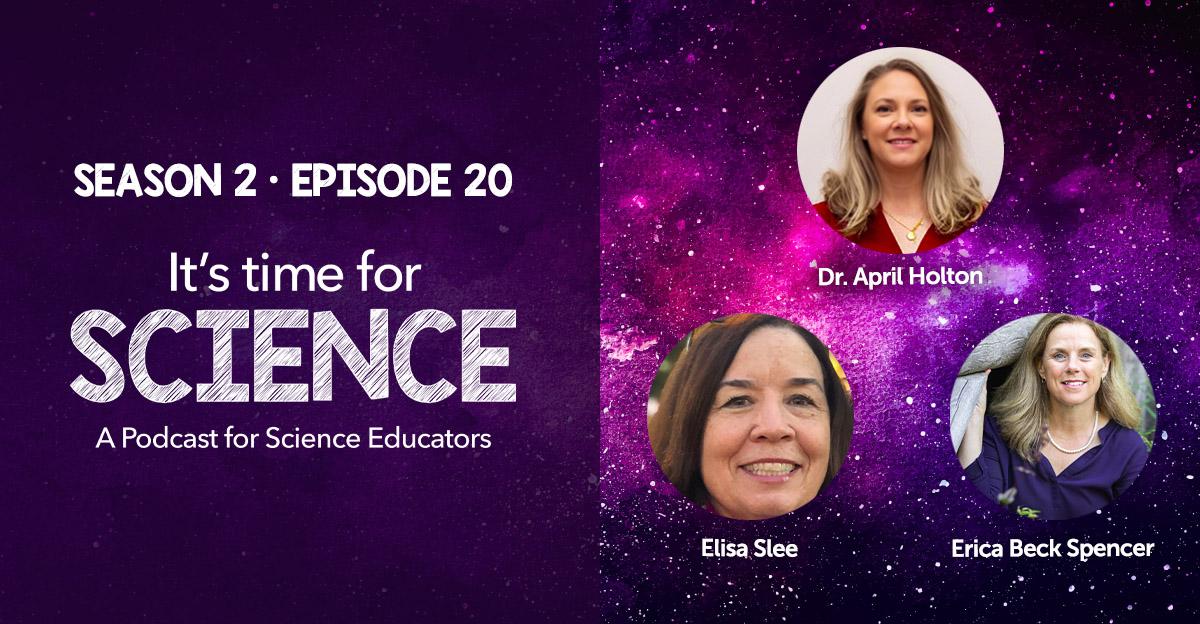
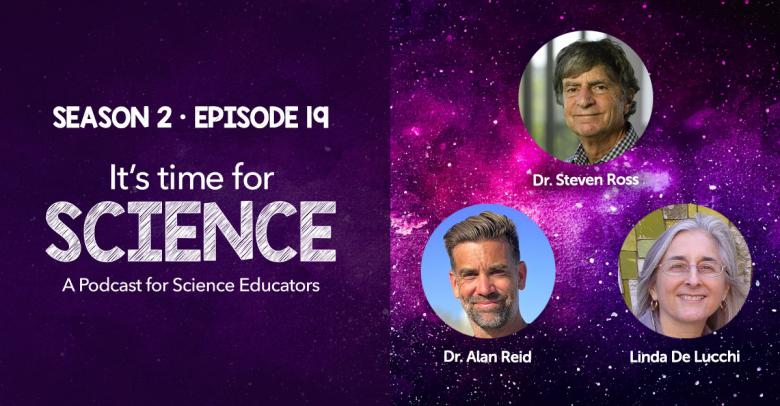
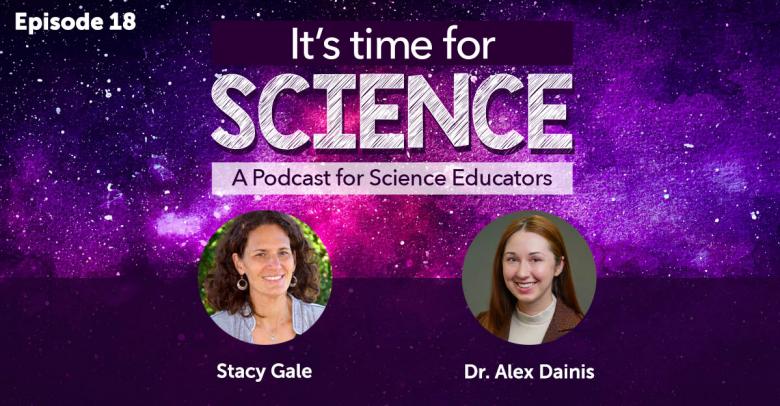
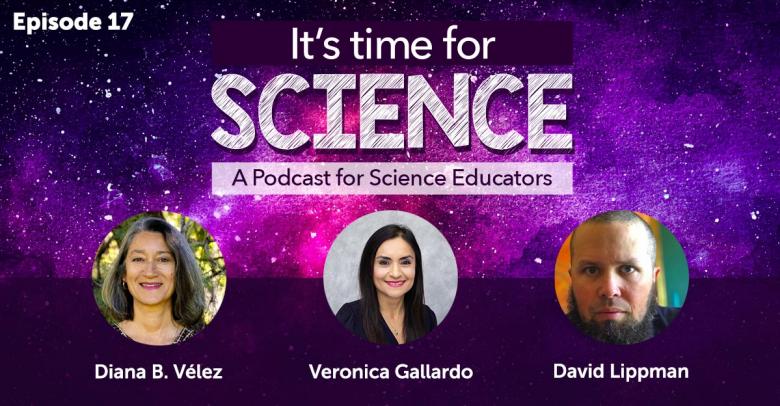
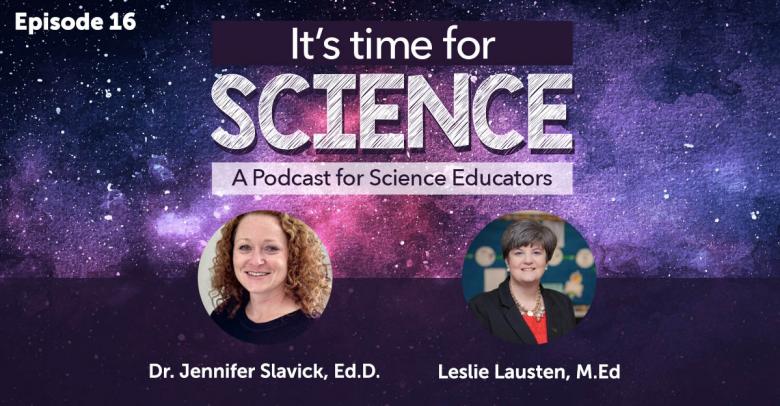
Leave a Reply